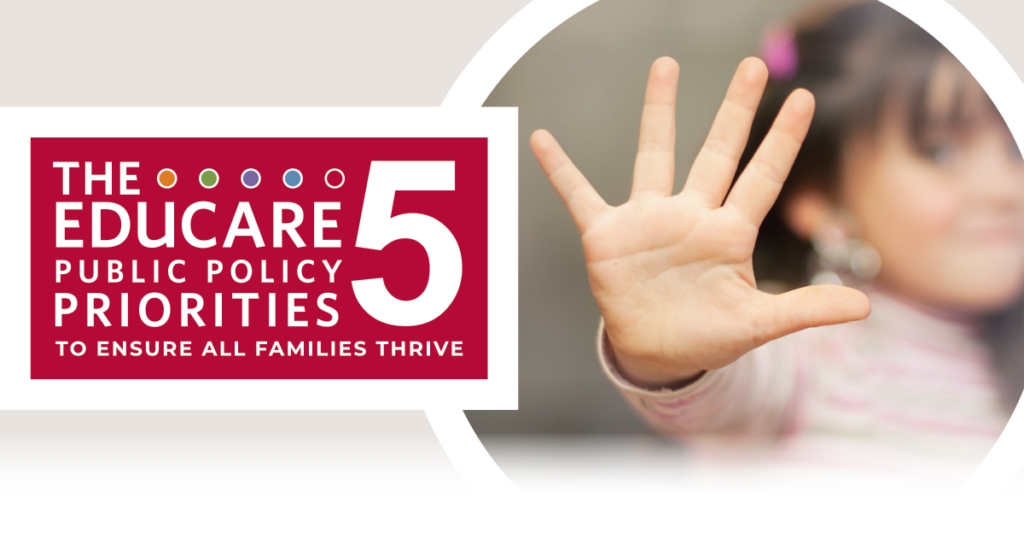The Challenge
We live in a land of opportunity. But too often our destinies are written before we’re born. Some of us will be born into the world with limitless possibilities. We’ll be lucky enough to receive a quality education, establish a promising career and chase our biggest dreams.
Some of us will be born into poverty and miss our shot at success. We’ll have an unfair disadvantage from the moment we take our first breath. The odds are against us graduating high school, having a steady job or even knowing what it means to dream big.
Now is the time for us to push on and con this During the first few years of a baby’s life, 1 million neural connections are formed in the brain every second. Babies’ brains are literally wired to learn—as much as they possibly can. And they are shaped by inputs from their environments—for better or for worse.
Children who grow up in poverty face disadvantages that hamper healthy development. A gap in early vocabulary development between children in poverty and their higher-income peers is evident as early as 18 months of age. Research shows that these differences have lasting effects on a child’s academic success later in life.
Fortunately, there’s a wide body of research that demonstrates that early childhood interventions, particularly in the first years of life, do work. With high‑quality early childhood experiences, people are more likely to have a higher income as adults, more likely to own a home, more likely to graduate from high school (on time)—and less likely to need special education or public aid.
Not only are early childhood programs good for children and families, they are good for our entire society. James Heckman, a Nobel Prize‑winning economist, found that every dollar invested in early childhood education produces a 7‑10% per annum return in better education, health, social and economic outcomes.
While we know that high‑quality early childhood programs can give low‑income children a better chance to thrive, there aren’t enough quality programs to serve the 6 million children under age 5 living in poverty in this country.
Too many children enter kindergarten unprepared and struggle to catch up to their peers. They’re more likely to drop out of school and never go to college.

At Educare, we believe that every child deserves the opportunity to be successful in school, and in life. Drawing on our experiences and expertise as parents and early childhood professionals, researchers and school leaders, advocates and community partners, the Educare Learning Network’s policy agenda, The Educare Five, recommends five public policy priorities to ensure all children, families and communities can thrive.
Our Public Policy Priorities:
Universal Child Care & Early Learning
Ensure families have access to high-quality, culturally-responsive, equitable early learning and care at no or low cost, in the setting they most prefer, during the time they need care.
Stable & Supported Families
Ensure young children and their families have adequate finances and resources to access the housing, care, services and supports needed to thrive.
Thriving Early Childhood Workforce
Ensure early childhood teachers and staff are skilled, well-compensated and supported while promoting young children’s learning, health and development.
Healthy & Supported Children
Ensure young children have consistent access to the physical and mental health supports and services they need to thrive.
Strong Early Childhood Systems in Every Community
Ensure families experience continuity of care and responsive services as a result of aligned systems and policies.
